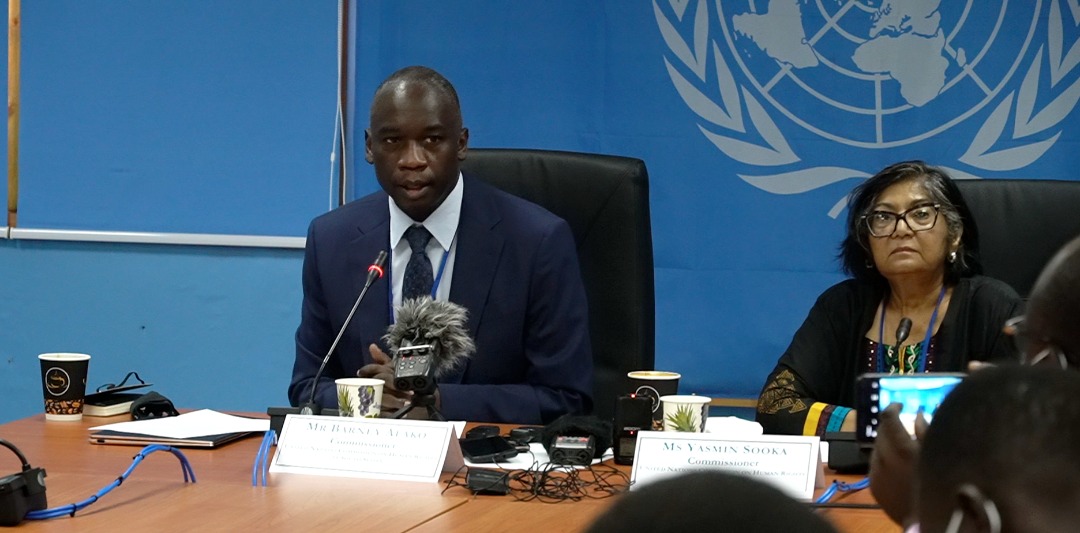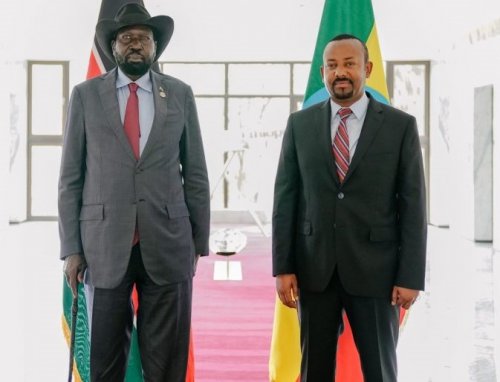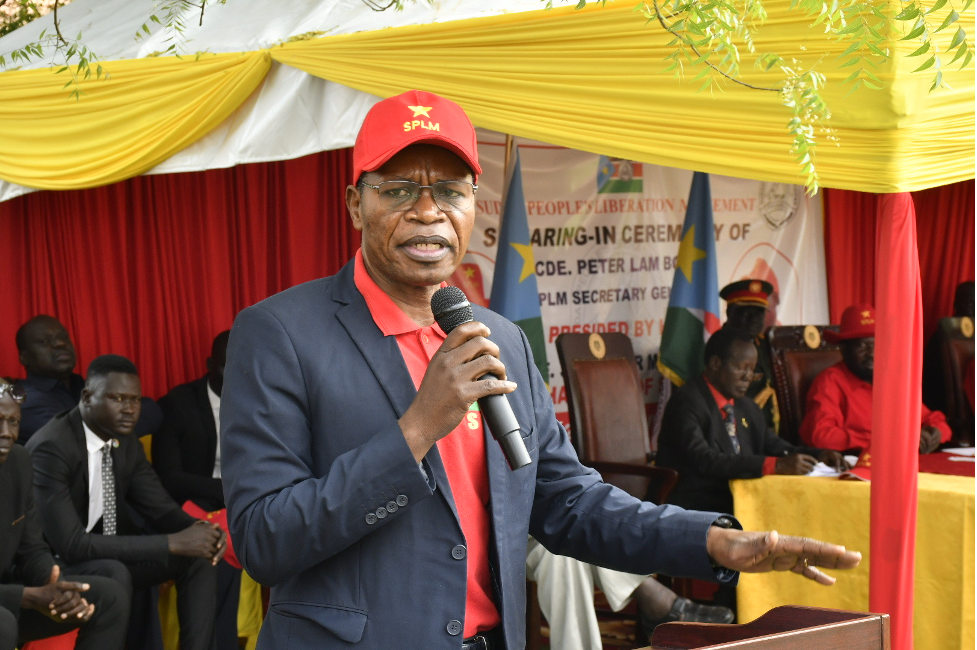
South Sudan’s final year of peace implementation scary: UN

By Tapeng Michael Ohure
South Sudan has entered the final year of implementation of a peace pact and the United Nations Human Rights Commission monitoring the country has warned that affairs are not as rosy as planned.
Political and sub-national conflicts which should have been addressed by the peace agreement remain common place and plans for election at the end of the three-year period are hazy, the commission chairpersons said in Juba on Friday.
The peace implementation by the government and opposition groups established a transitional government of national unity which ends early 2023 and is expected to lead to democratic elections.
“The lack of progress in implementing key provisions of the revitalized agreement, including the unification, graduation and deployment of the armed forces, as well as agreement on command structures, contributes to persistent insecurity and impunity in which human rights violations occur,” Yasmin Sooka, the Chairperson for the commission told reporters.
“Violence at subnational levels remains pervasive and is characterized by displacement, and gross human rights violations including sexual violence,” she said, noting that Yei County in Central Equatoria State is a case in point, where soldiers waiting to be part of a unified national force are poorly resourced and then prey on the population.
Civil society organizations are scared to speak up on the human rights situation “for fear of retaliation by State security services with a track record of violently repressing the expression of political views,” the commission warned.
“There is a consensus amongst key stakeholders that while some progress has been made in implementing the Revitalized Agreement, critical elements involving security sector reform, constitutional and electoral reform, and transitional justice have yet to be addressed,” Sooka said.
“All of these outstanding issues impact on the human rights situation in the country,” Chair of the commission, Yasmin Sooka said.
Elections planned at the end of the transitional arrangement no longer look as glossy as set in the pact, according to Commissioner Barney Afako.
“The pursuit of elections run the serious risk of fueling violence and polarization if the requisite institutions, constitutional and electoral laws as well as logistic arrangements are not first in place,” Afako told reporters.
“It is also important to look beyond the electoral moment and ask what political system people would be voting for, particularly given the delays to develop a constitution on which elections would be based,” he said.
The Commission is mandated to investigate the situation of human rights in South Sudan, and to determine and report the facts and circumstances of human rights violations and abuses, including by clarifying responsibility for violations and abuses that are crimes under national and or international law.
To assist in addressing impunity in South Sudan, the Commission is also mandated to collect and preserve evidence, and to make this available to transitional justice mechanisms, including the hybrid court for South Sudan that is to be established.



































